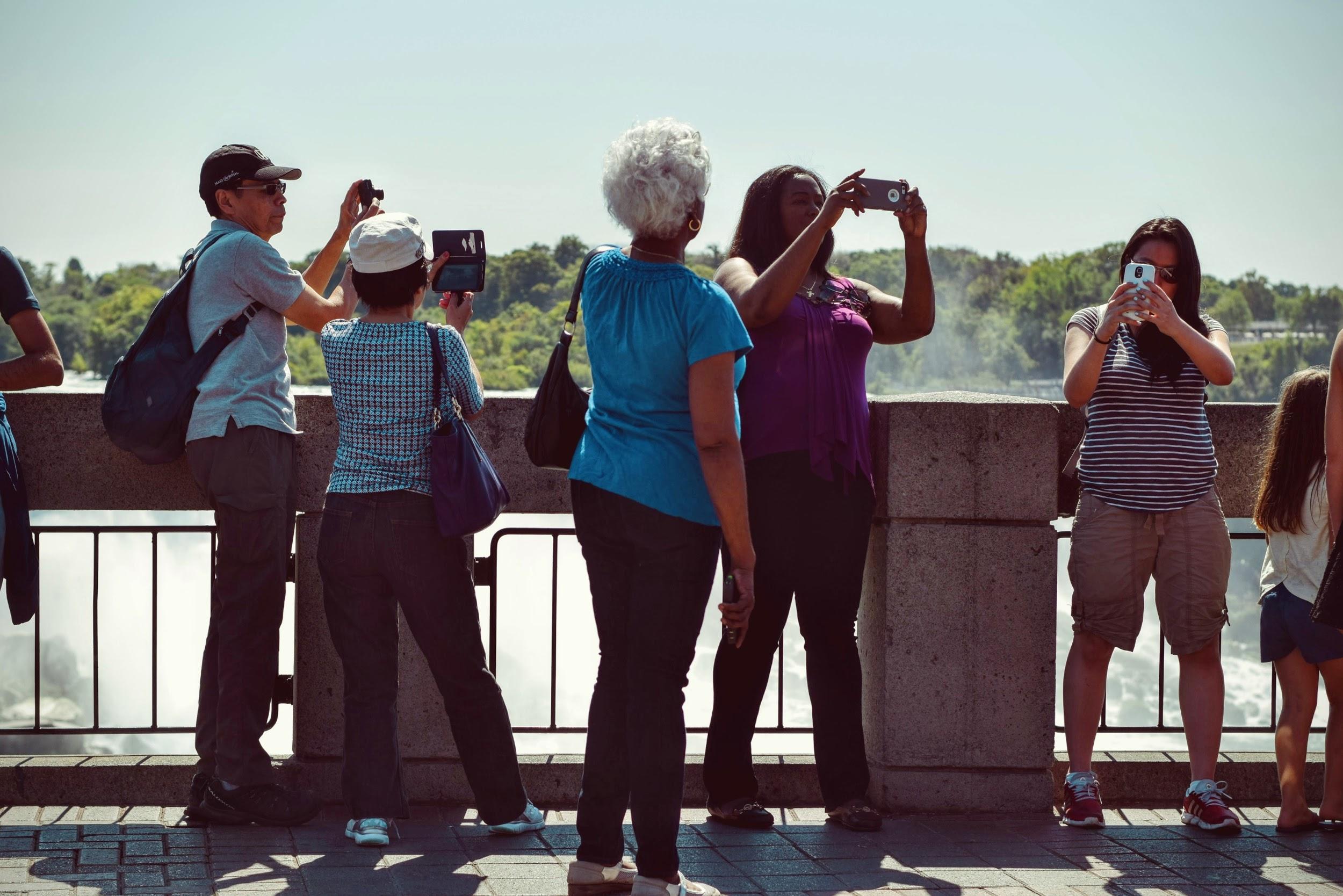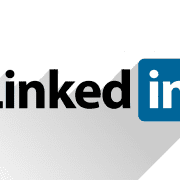How Social Media Changed Tourism Marketing
StrategyDriven Insights Audio |

Social media has changed the way people communicate and exchange information. Because of this, industries in almost every sector have had to adapt to stay ahead of the curve. For some companies, making the switch was difficult. For others, the rise in social media has improved not only exposure but also the way companies market and do business. The travel and hospitality sector is one of those areas. Social media has become the most effective form of marketing since it allows exposure to your business organically. The travel industry has particularly benefited from this change.
There has been a rise in social sharing because of social media platforms. Over 97 percent of millennials share photos and videos of their travels online, according to Entrepreneur, and the travel industry is catching on. Some companies have encouraged their customers to engage with their business through social media.
Consumers turn to social media platforms to research places to visit and the best ways to travel. To find out places to travel, 89 percent of millennials plan travel activities based on content posted by their peers online. This is thanks to social media sites like Instagram, TripAdvisor, and Yelp. Though Facebook is not specific to travel like TripAdvisor, Facebook Recommendations allow its users to ask advice to their peers about the best cities to travel, which hotels to stay in, restaurants, and activities to do. All of these things essentially use word of mouth, which is the most effective form of marketing.
Social media has also impacted the travel agency sector. Once consumers have found a destination, they are likely to book on their own using their mobile devices. Break The Ice Media reports 35 percent of travelers have used mobile to book a tour or activity while already on location. Travel agencies have had to catch up to the rising trend focusing on selling experiences instead of materials. Self-booking has not completely knocked out the travel agency business model as they are responsible for 55 percent of airline bookings, 77 percent of cruise bookings, and 73 percent of package bookings, reports Entrepreneur.
Making it easier to communicate directly with consumers, social media has also allowed travel and hospitality companies to improve their customer service. Consumers utilize things like Trip Advisor, and Yelp to share customer satisfaction. Most companies also have a social media presence making it even easier for disgruntled or confused customers to reach out and share their dissatisfaction. Uhuru says when customers reach out to a brand on social media, over 50 percent expect a reply. This may sound like a customer service representative’s worst nightmare, but it is actually very good for the business. By quickly responding to comments on social media, they can easily improve their reputation. This helps consumers see your brand is professional and they feel valued as a patron. Listening to a customer’s complaints or concerns is another way to learn more about your customers, allowing your company to provide an excellent experience.















Leave a Reply
Want to join the discussion?Feel free to contribute!